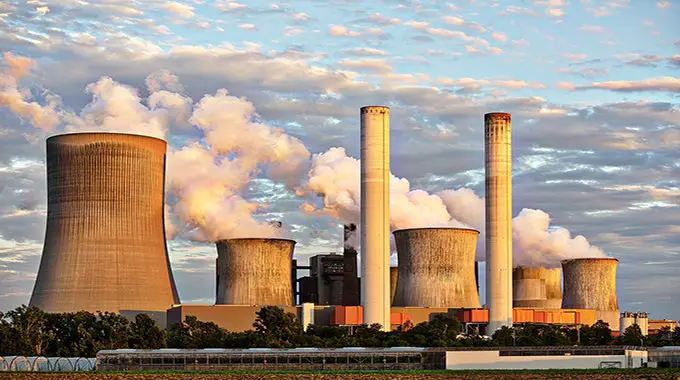
Thy the government has decided to take its time to address independent power producers (IPPs)’s concerns remains a puzzle. Zimbabwe’s faltering economy cannot afford to be hit by rolling blackouts as if there is no solution.
But this is what happens when politicians become selfish, and they feel too important to address the problems that millions face.
Everything crumbles under their noses.
And with weak institutions to hold them to account, millions suffer as the economy disintegrates.
The truth is, in the case of the power crisis, time is running out.
The State has no funds to build power stations at the rate that this country requires.
And the strategy of amassing more loans to refurbish existing facilities may backfire.
US$553 million has already been borrowed to rebuild the Kariba South Hydroelectric power station, and the US$1,5 billion Hwange power station rehabilitation is being undertaken through another debt.
- Mavhunga puts DeMbare into Chibuku quarterfinals
- Bulls to charge into Zimbabwe gold stocks
- Ndiraya concerned as goals dry up
- Letters: How solar power is transforming African farms
Keep Reading
The national debt is approaching US$20 billion, and Zimbabwe is already in debt distress.
Of many solutions that can be put on the table to address the power crisis, the IPP strategy stands out.
It does not plunge Zimbabwe into needless debt, as private investors will fund the power stations.
But authorities are still holding on to the belief that the government should take charge of all crucial facets of the economy, like the provision of water and electricity.
This is wrong.
The entry of private players into sectors like telecoms must serve as a demonstration of what happens when efficiencies are built in key economic sectors.
They see IPPs as a waste of time.
But the era of big state firms holding sway in everyone’s lives is long gone. In Zimbabwe’s case, these state firms once controlled 40% of the country’s gross domestic product.
It has fallen to about 12% due to mismanagement and plunder.
The void that they are opening up as they fall is huge.
From huge transportation problems to massive shortages of water and public infrastructure, Zimbabwe is not far from slipping into the category of a failed state.
Authorities must act to attract IPPs – about 70 of them have been licensed and only about 20 are operating.
Authorities must listen to their concerns and address them.
The country requires over 2 000 megawatts of power a day.
This figure is likely to increase if, as projected, the economy grows. Government should resolve currency issues with regards to payments to IPPs when they sell their power to Zesa. Investors will not risk investing into projects in United States dollars, after which they are forced to accept Zimbabwe dollars for their service.
This is the most controversial aspect of Zimbabwe’s power purchase agreements.
It must be addressed to encourage IPPs.
The problem is, the more Zimbabwe procrastinates in dealing with this crucial issue, the more IPPs troop out to scout for destinations that are ready to embrace capital.
IPPs are making proposals to develop projects that are environmentally friendly.
They are accepted everywhere, especially in a period when State-run power facilities are crumbling.






